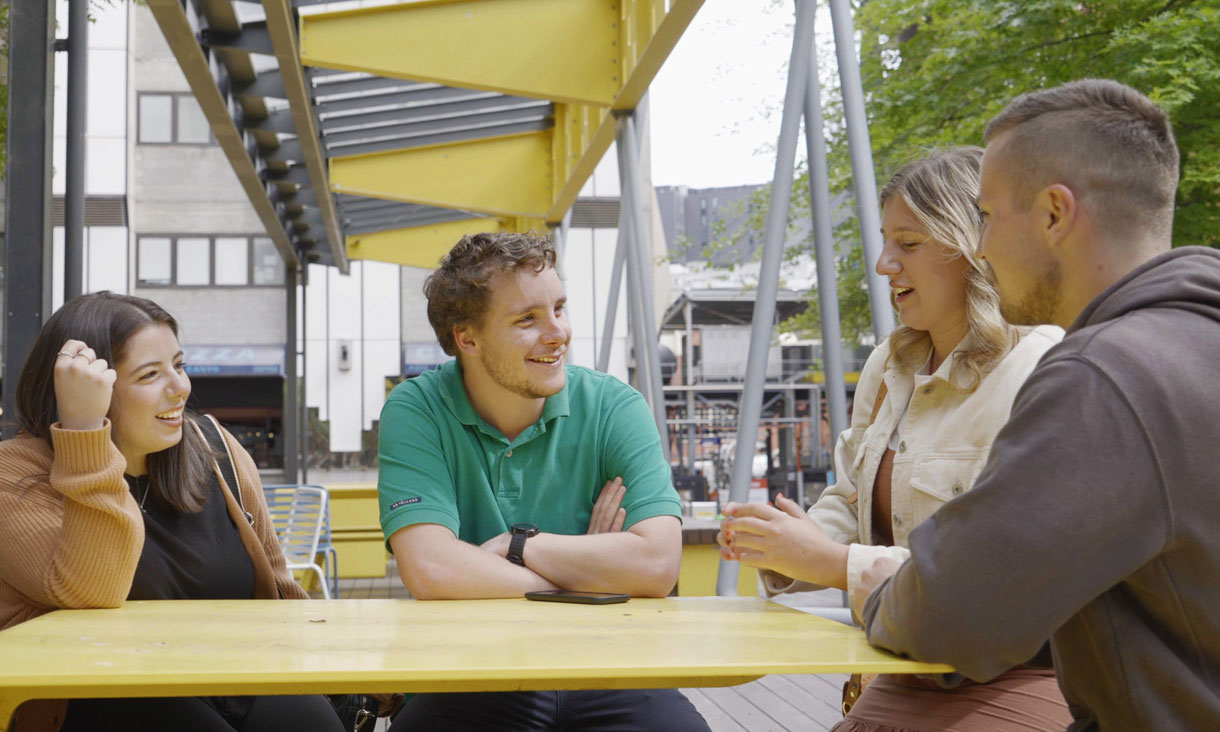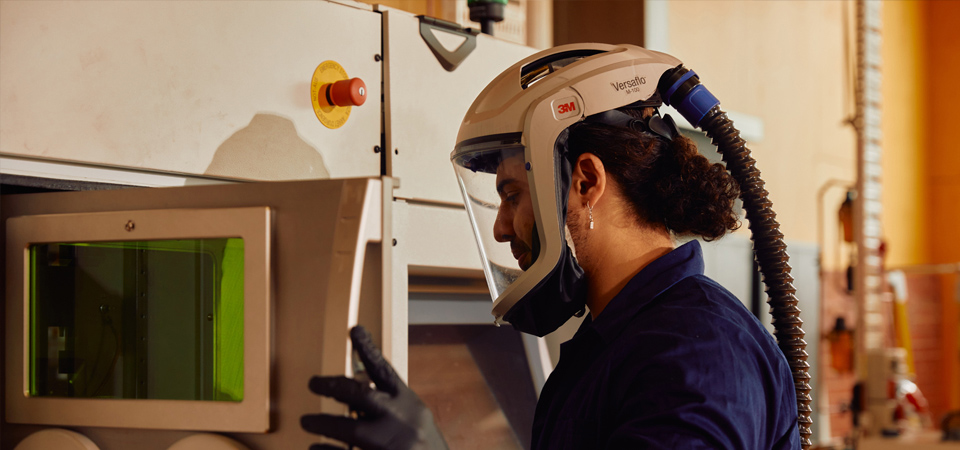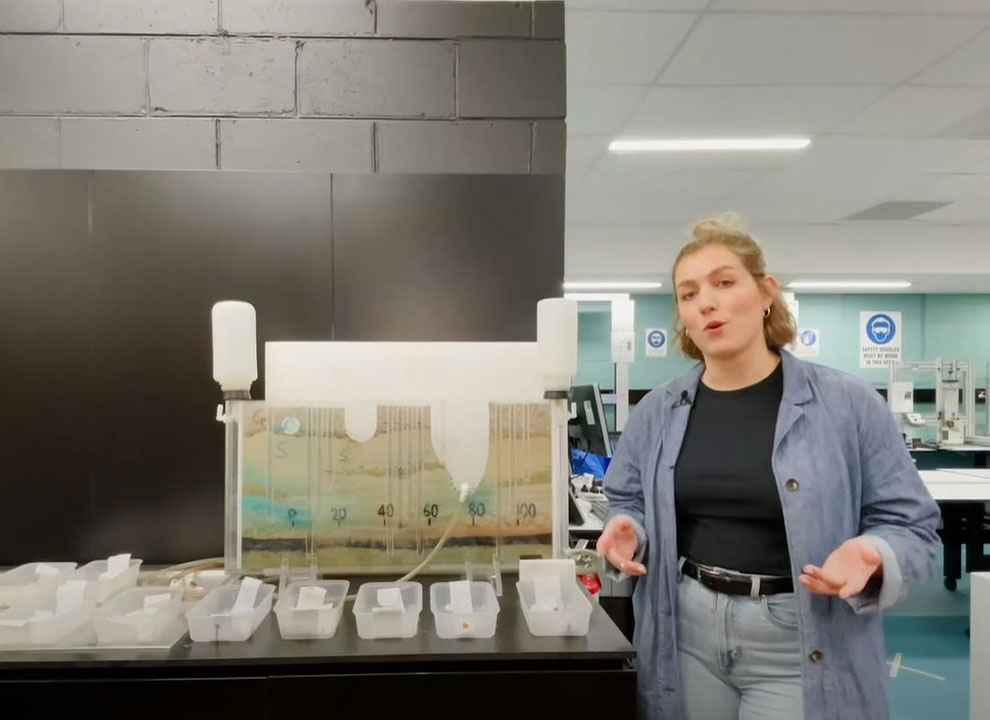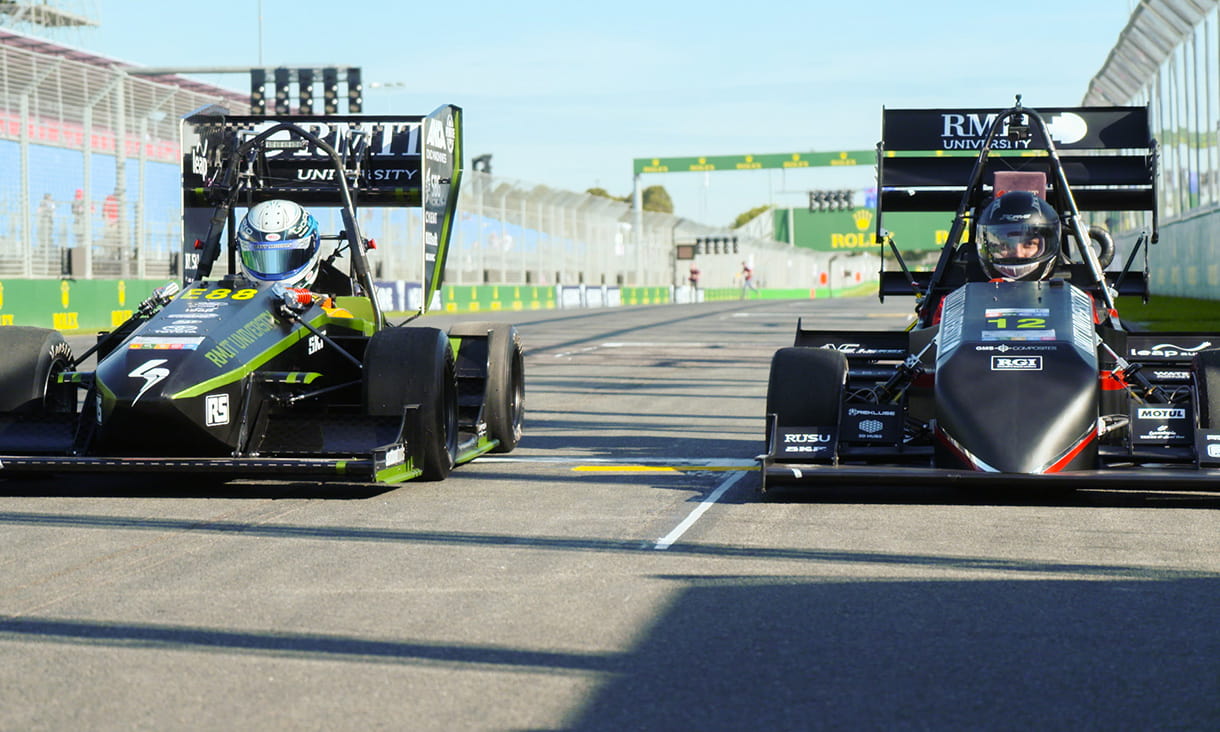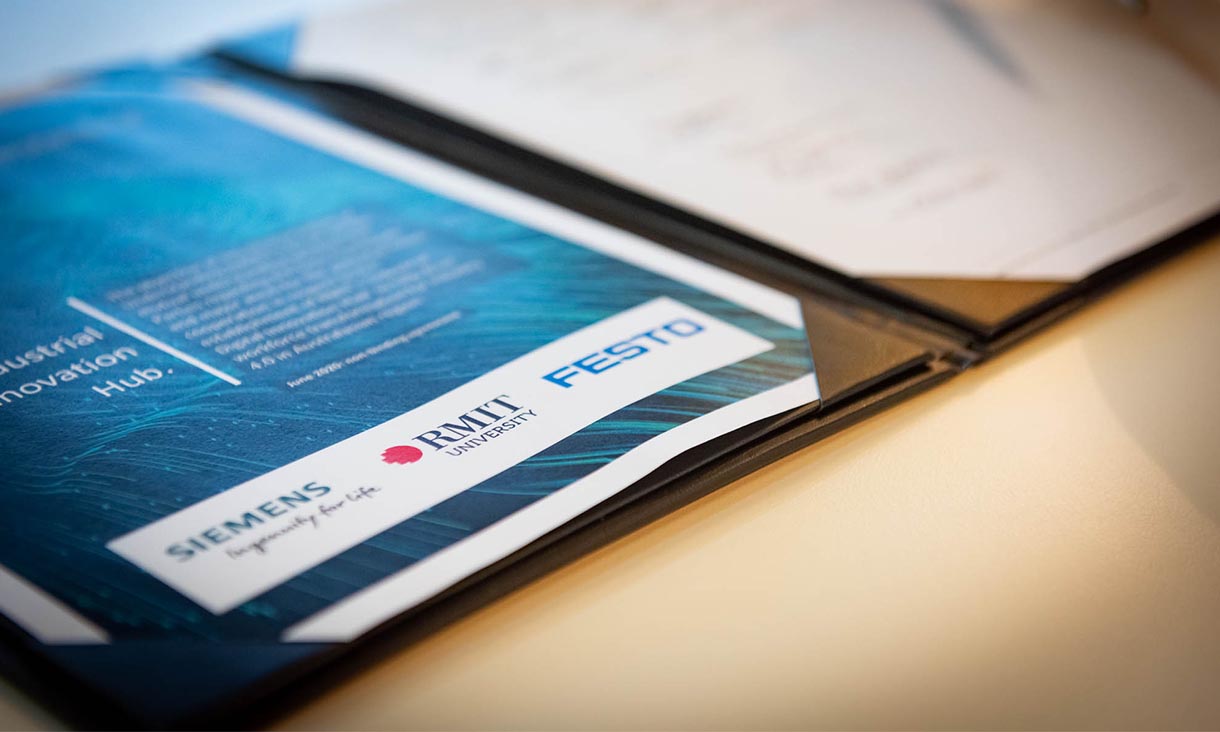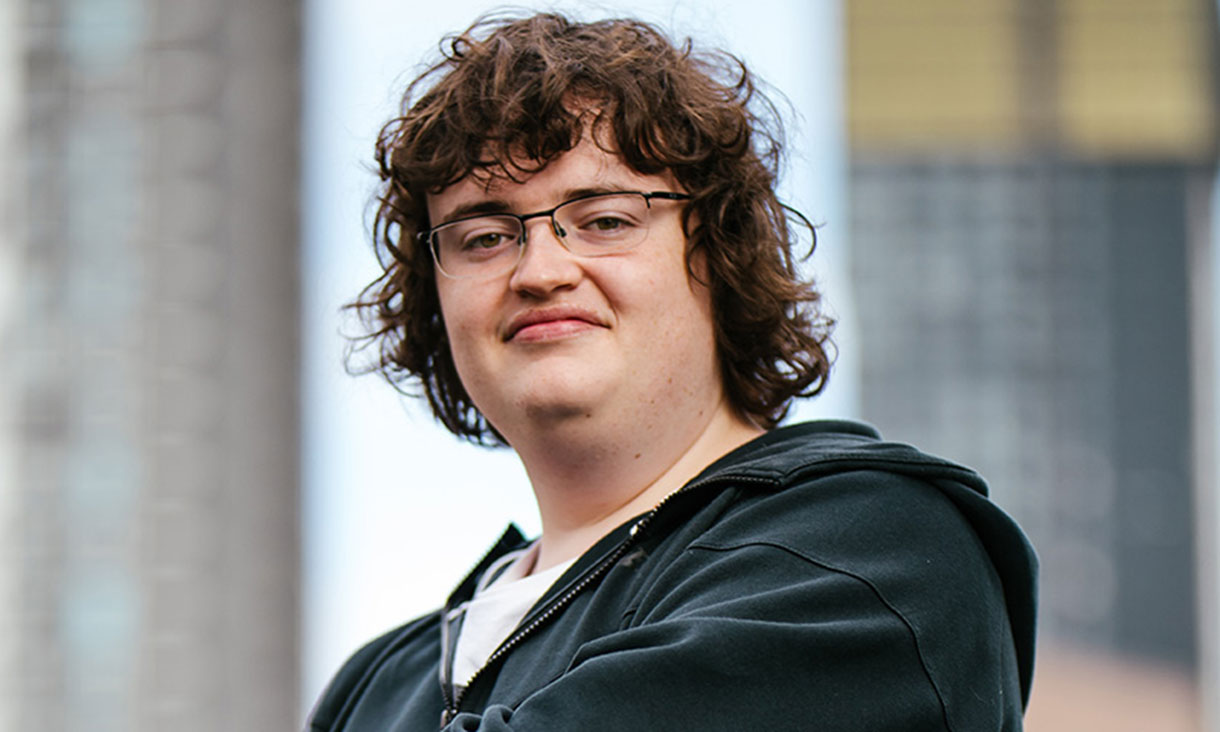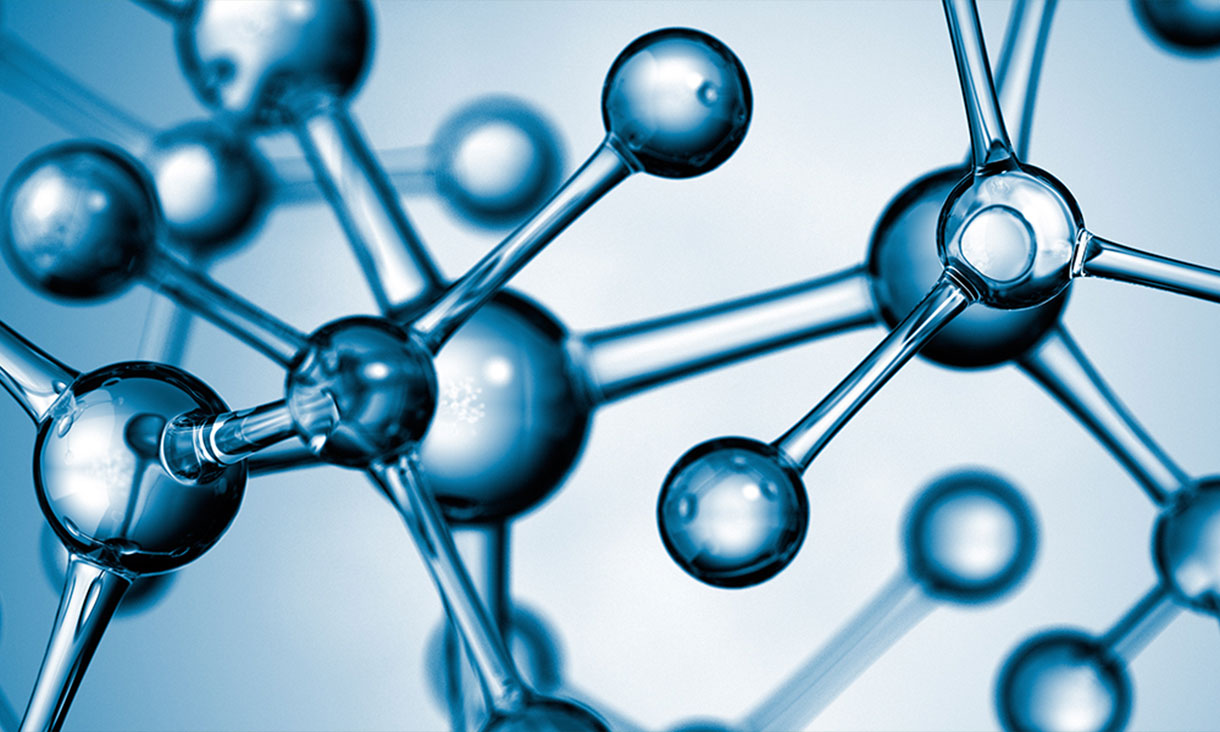Science
Science is about observation, experimentation and discovery. Whether it's chemistry, biology, food technology or physics, at RMIT you can tailor your study to match your passions and career path.
Property
Gain the real-world edge by learning alongside industry in property development, valuation, investment and management at the #2 university in Australia for Built Environment studies*.
Information technology
From computer science to software engineering, RMIT’s IT courses in Melbourne will help you gain the knowledge to solve, support, analyse, troubleshoot and design everything from websites to programming networks.


